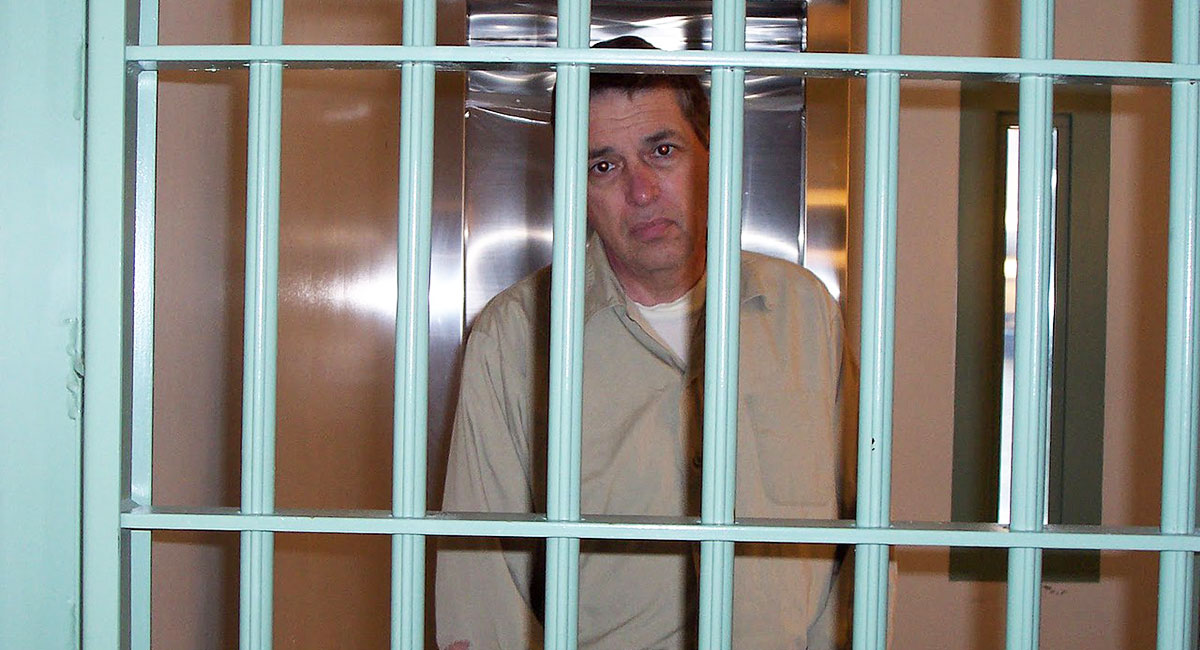On June 5, FBI agent Robert Hanssen, 79, sentenced to life in 2002 for spying for the Soviet Union and Russia, died in his cell at a federal prison in Colorado. Those unfamiliar with the case may be shocked that an FBI man would sell out his country. The greater surprise is that it took the FBI so long to catch him, an indicator of other FBI failures enduring into current times.
Robert Phillip Hanssen, “provided highly classified national security information to the Russians in exchange for more than $1.4 million in cash, bank funds, and diamonds.” Hanssen held “key counterintelligence positions” and beginning in 1985, he used encrypted communications, ‘dead drops,’ and other clandestine methods to provide information to the KGB and its successor agency, the SVR.
The information he delivered “compromised numerous human sources, counterintelligence techniques, investigations, dozens of classified U.S. government documents, and technical operations of extraordinary importance and value.”
According to the FBI, Hanssen went undetected for years, “because of his experience and training as a counterintelligence agent.” Hanssen was detailed to the Office of Foreign Missions at the Department of State and there enjoyed “full access to the FBI’s Automated Case Support (ACS) system and the State Department’s computer systems.”
The bureau lured Hanssen back to FBI headquarters with a special assignment and monitored his activity. In February, 2001, they caught him at a dead drop in Virginia. On July 6, 2001, Hanssen pleaded guilty to 15 counts of espionage and in 2002 he was sentenced to life in prison without parole.
Hanssen had committed “the most traitorous actions imaginable against a country governed by the Rule of Law,” said FBI director Louis Freeh in February 20, 2001. Hanssen violated his FBI oath “in the most egregious and reprehensible manner imaginable.” His crimes are “an affront not only to his fellow FBI employees but to the American people” and Hanssen’s own family. “I take solace and satisfaction, however,” Freeh said “that the FBI succeeded in this investigation.” That claim could stand just a bit more detail.
Hanssen succeeded in eluding the FBI for some 15 years, almost as long as the 17 years it took the FBI to catch Unabomber Ted Kaczynski. The actual span may be longer, since in some accounts Hanssen had been caught spying for the Soviets in 1976, only three years after he joined the FBI. His wife Bonnie found him covering up documents in the basement of their home. Hanssen had recently been assigned to a counterintelligence unit on Soviet activity.
His “unusual activities had aroused suspicion from time to time,” Freeh claimed, but the FBI failed to catch the spy. Maybe bureau bosses weren’t looking hard enough.
Freeh resisted the CIA practice of “fluttering” agents every five years with polygraph tests. Former CIA director James Woolsey wondered why Hanssen wasn’t caught when he regularly ran his own name and particulars through bureau computers. It is possible that someone higher up in the FBI or DOJ was protecting him.
Freeh does not identify the FBI officials who assigned Hanssen to the State Department, the prime target for foreign agents going back to the days of the Stalinist spy Alger Hiss. That explains the big-time money the Soviet KGB and Russian SVR were willing to pay Hanssen. The FBI and State Department would not be eager to reveal the full damage assessment.
Seven months after Freeh’s statement, on September 11, 2001, the nation had more evidence of FBI failure. The nation’s leading counterintelligence agency failed to stop the worst attack on America since Pearl Harbor in 1941. Other failures were soon to follow.
The FBI was aware that U.S. Army Maj. Nidal Hasan was communicating with al Qaeda terrorist Anwar al-Awlaki. Someone in the FBI’s Washington office dropped the surveillance and on November 5, 2009, Hasan murdered 13 soldiers and wounded more than 30 at Fort Hood, Texas.
The FBI had been warned about the Tsarnaev brothers but failed to prevent their bomb attack on the 2013 Boston Marathon that claimed three lives and injured hundreds. The FBI also failed to prevent terrorist attacks in San Bernardino, California, in 2015(14 dead) and Orlando, Florida in 2016, with 49 dead.
The FBI now regards people who distrust the federal government and prize personal liberty as domestic terrorists or violent extremists. The same goes for parents who protest the indoctrination of their children in government schools, and peaceful pro-life protesters.
The Biden administration wants to give the FBI a new headquarters twice the size of the Pentagon. That’s a strange reward for an agency that fails to protect the public from actual terrorism, targets those who pose no threat, and takes 15 years to uncover a spy in its own ranks. If anybody thought a national police force was a bad idea in the first place, it would be hard to blame them.








